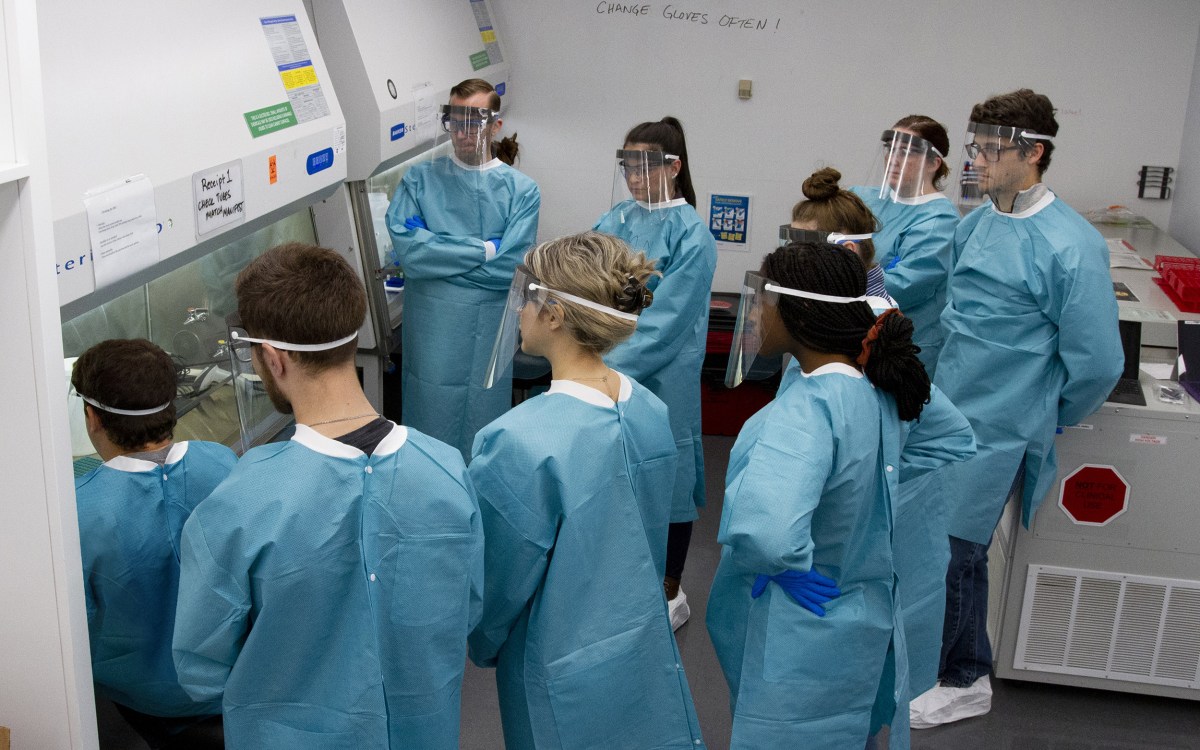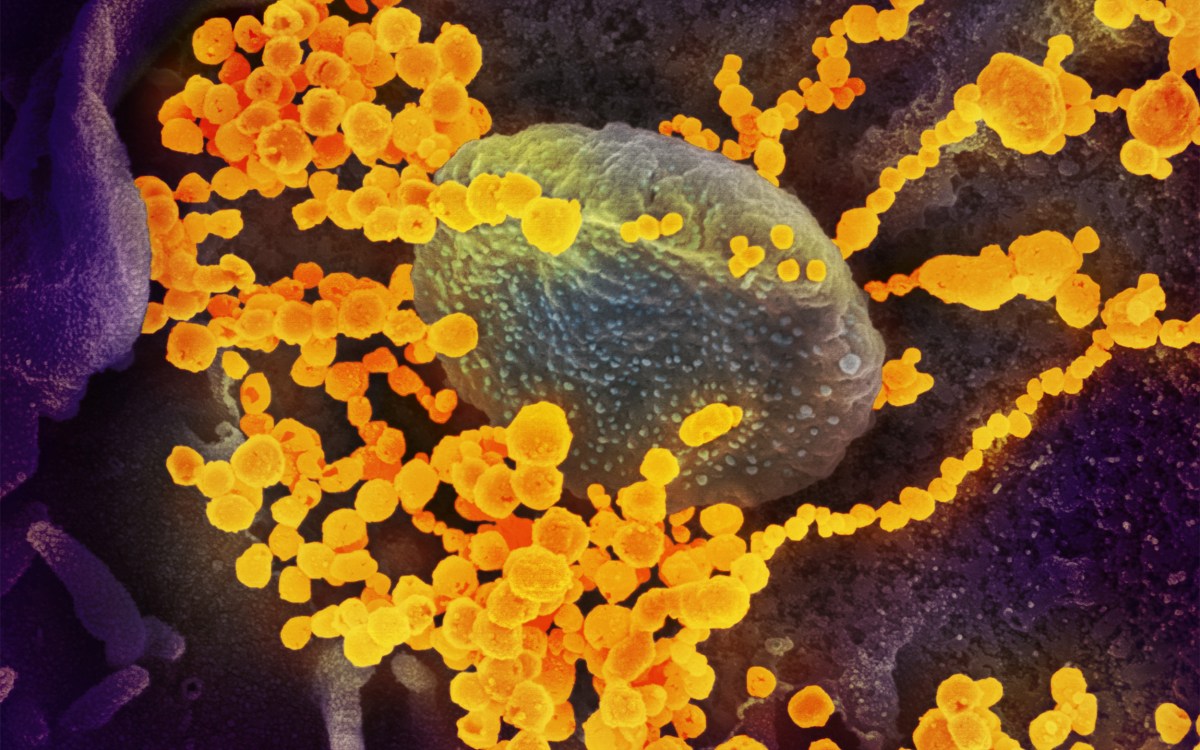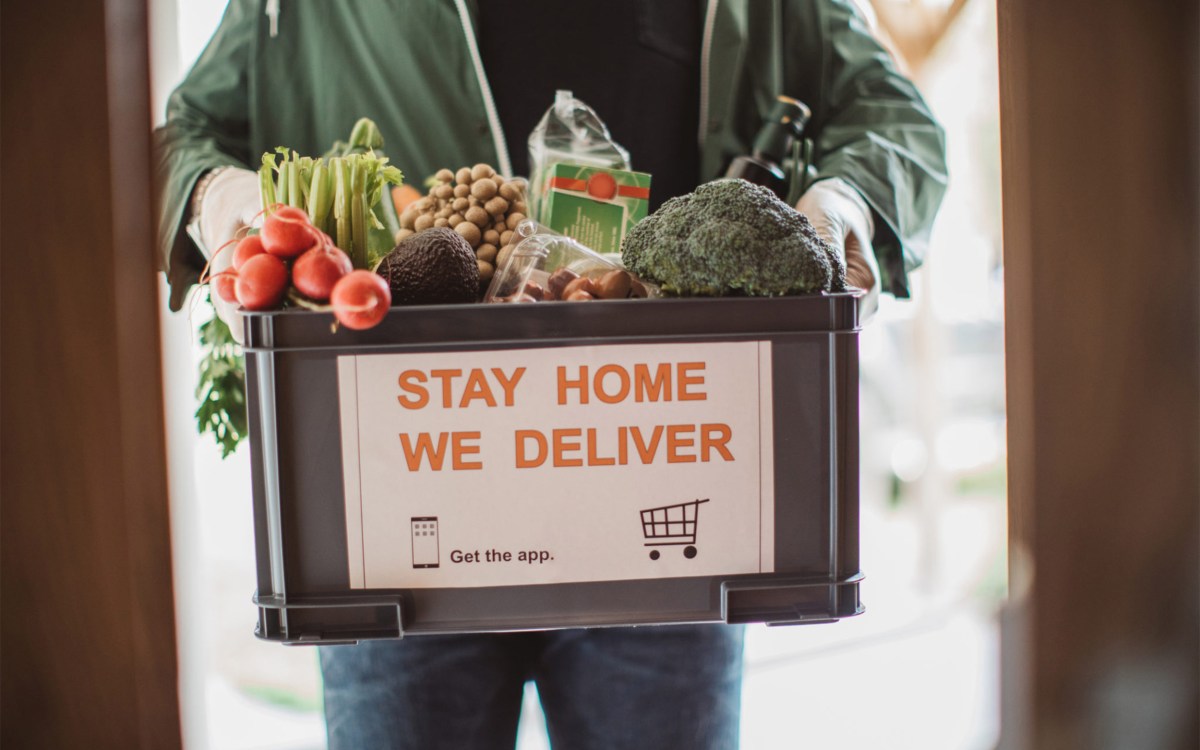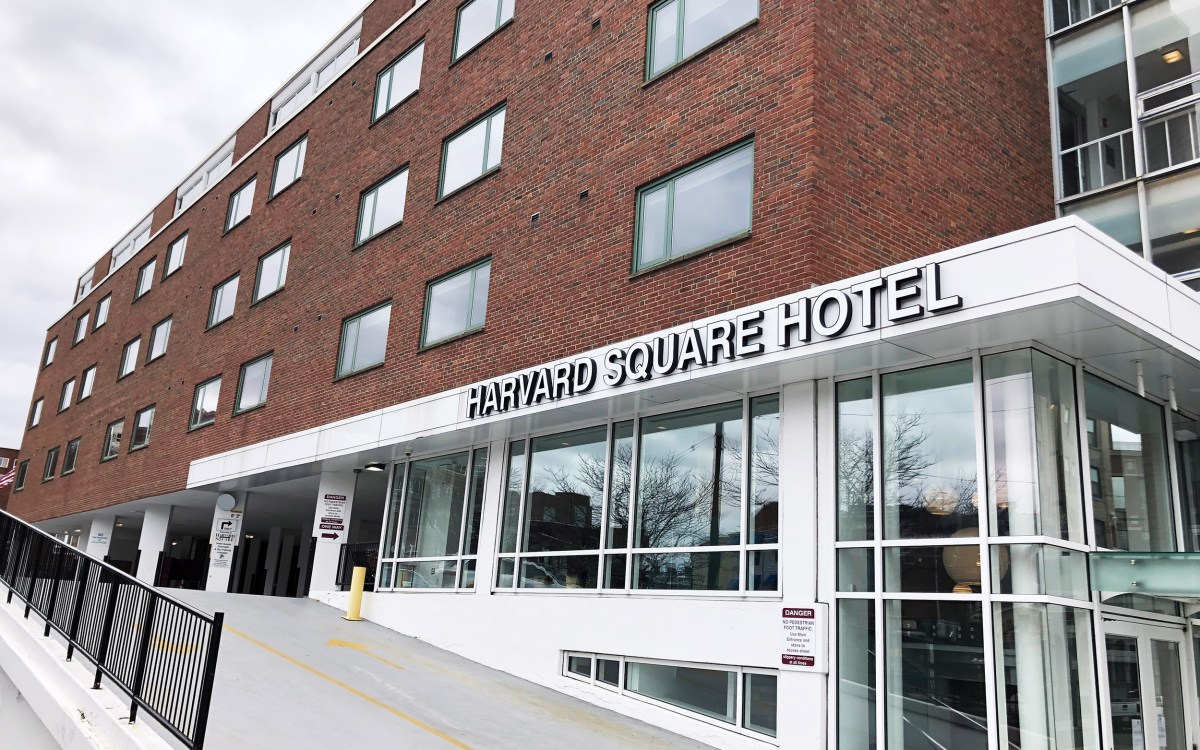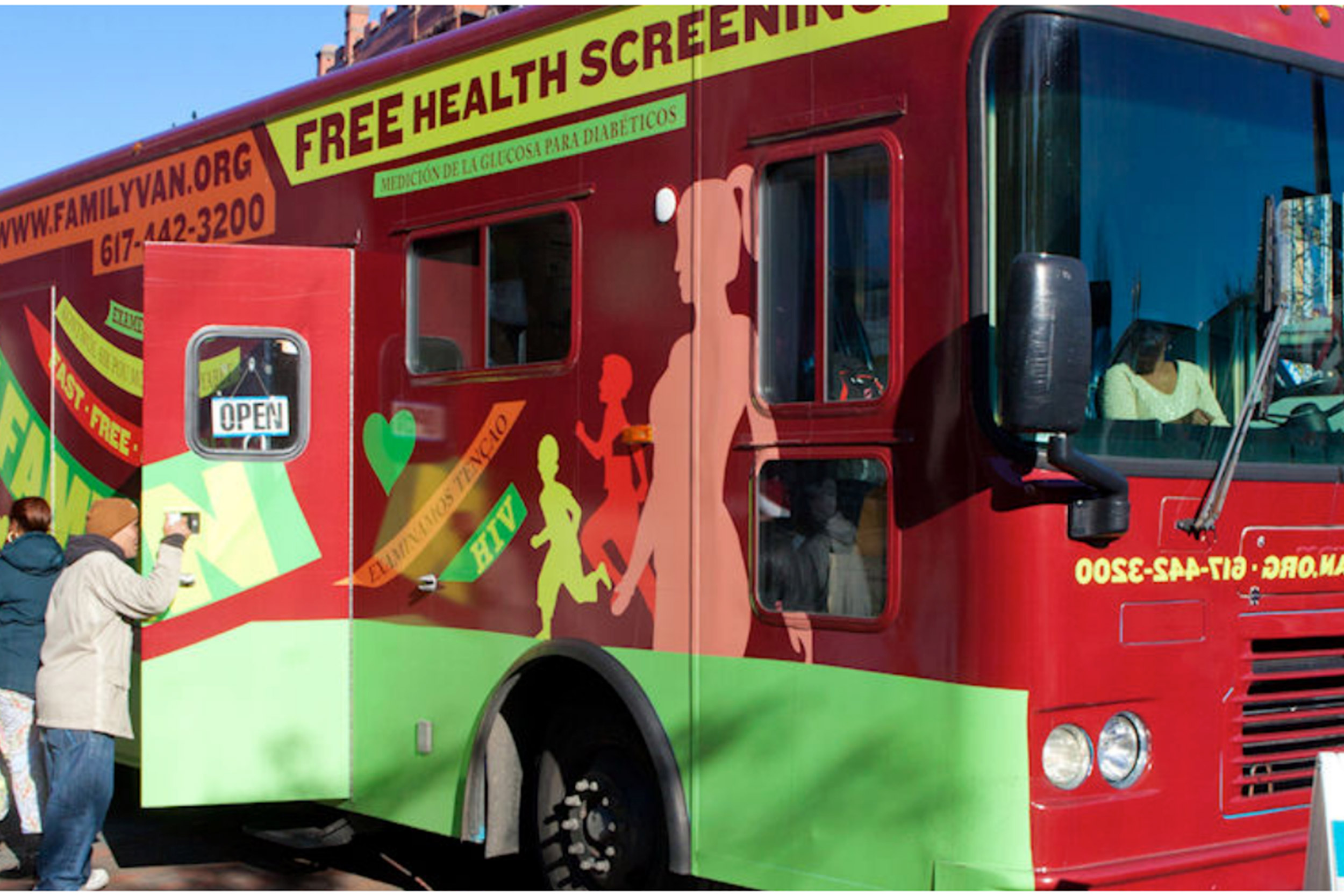
Although Harvard Medical School’s Family Van is temporarily grounded, it is hosting call-in hours, contacting clients directly, and distributing pamphlets and other handouts put together by the COVID-19 Health Literacy Project.
The Family Van
Mobile clinics finding their place in pandemic
Harvard’s Family Van takes pulse on best ways to use these untapped resources
With New York City hospitals already becoming overwhelmed and the expectation that health centers nationwide will soon follow suit, what place do mobile health clinics have in the battle against COVID-19? On Tuesday, the folks from Harvard Medical School’s Family Van co-hosted a webinar to take the industry’s pulse, discuss best practices, and bounce around some good ideas.
The idea for the webinar came during a brainstorming session between Family Van founder and executive director Nancy Oriol, a Harvard Medical School (HMS) lecturer on Global Health and Social Medicine, and HMS first-year Ahmed Ahmed, who is interested in writing an academic paper about the mobile phenomenon and its relation to the bigger picture.
“These vans tap into a community that isn’t well covered in terms of insurance and that struggles with health care literacy and equitable health outcomes,” said Ahmed. “So the mobile teams are working to see how to best utilize the vans during this time of great need for the U.S. health care system at large.”
The 2,000 or so mobile clinics operating across the United States field as many as 7 million visitors a year, according to speaker Nelson C. Malone, M.D./M.P.H. ’20, who recently published an analysis of 800-plus registered users of the website Mobile Health Map, a co-sponsor of the webinar and the only comprehensive U.S. database examining the issue. Most of the clinics Malone looked at work with children, the uninsured or federally insured, low-income groups, rural communities, or urban homeless populations. “So truly our most vulnerable,” he said.
“When the virus hit, we had to change what we were doing overnight and find creative solutions to help.”
Nancy Oriol, Family Van Executive Director
Malone called the clinics an untapped resource that will be “of utmost importance in the next few weeks [as our] most disadvantaged and underserved are at increased risk of infection and worse associated outcomes.”
The clinics provide wide-ranging services, from education and prevention to screenings and primary care, while in many cases also conducting social-services outreach.
That kind of flexibility has come in handy for many webinar participants since the novel coronavirus became pandemic. “Mobile clinics are very resilient and adaptable,” said Oriol. “When the virus hit, we had to change what we were doing overnight and find creative solutions to help.”
While regional and smaller national webinars have been conducted in the past, this week’s call brought together a record 336 participants — more than double that of any previous online meeting. “Everything’s a moving target right now,” said Elizabeth Wallace, executive director of webinar co-sponsor Mobile Healthcare Association, a national membership-based nonprofit headquartered in St. Louis, Missouri. “People are looking for information and also, in this industry we don’t mind sharing to work toward the common good.”
More like this
Even the programs that are totally shut down are still reaching out to their populations. The Family Van, for example, while temporarily grounded, is hosting call-in hours, contacting clients directly, and distributing pamphlets and other handouts put together by the COVID-19 Health Literacy Project, a national coalition of students started by HMS first-year Pooja Chadrashekar that has translated educational and safety information into 35 languages.
Some vans are distributing food and supplies to families in public housing that were living paycheck to paycheck and have lost jobs. At least one, in the Philippines, is gathering personal protection equipment from shuttered dentists’ offices and other donors, and distributing it to first responders. Some vans, like the HOMES vans associated with the Parkland Health & Hospital System, have been conscripted to serve as staging areas at COVID-19 testing megasites or triage locations in the parking lots near hospital emergency departments. Others are continuing or stepping in to do primary care, testing clients for TB in advance of their admittance to residential programs about to enter lockdown, for example, filling prescriptions, and providing basic screenings. All the vans have special precautions in place — seeing one client at a time and screening them before they enter, deep cleaning at night, and registering patients from a safe distance.
“The mobile health sector has a history of thinking outside the box,” said Wallace. It’s not the first time mobile programs have stepped in to help with emergency situations — they were on the ground during hurricanes Katrina and Harvey, and have “historically risen to the occasion in what you’d call a crisis,” she said. “But this is a unique emergency. Seeing how facile and adaptable the vans and their staffs can be and the many roles they can play really shows their value, now and in the future.”



